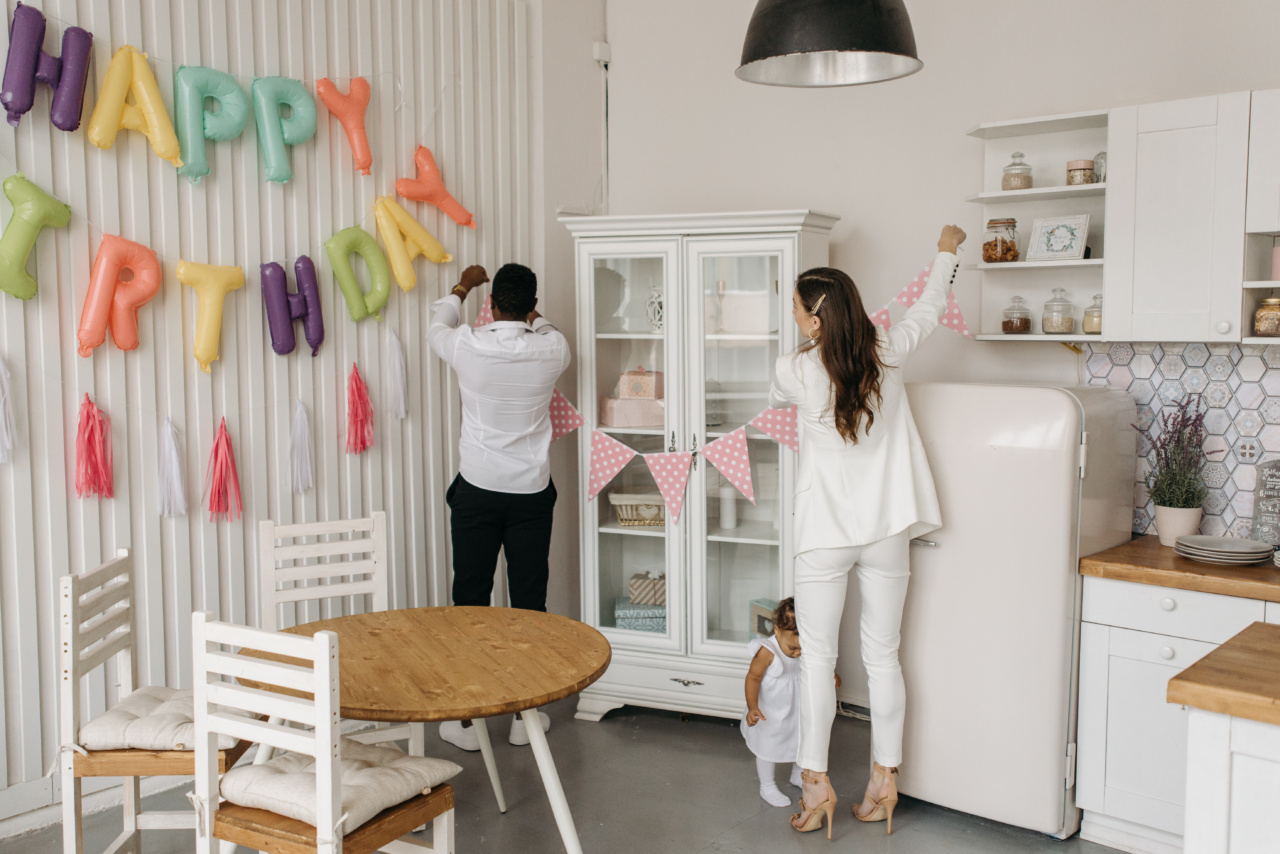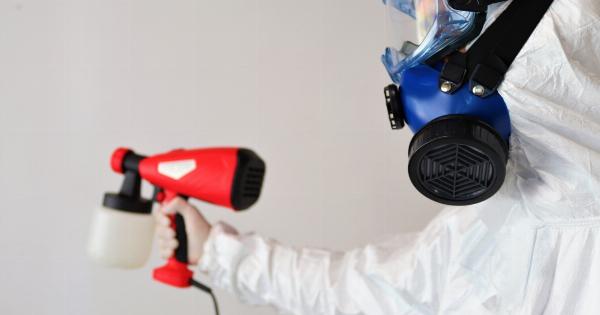Bringing home a new baby is an exciting and life-changing experience, but it can also be overwhelming. There are so many things to prepare for and consider before the big day.
This guide will help new parents navigate the journey of preparing for their new arrival.
1. Creating a Plan
Creating a birth plan can help parents visualize their ideal birth experience and communicate their wishes with their healthcare provider. It’s important to keep in mind that birth plans are not set in stone and can be adjusted as needed.
2. Preparing the Nursery
Creating a safe and comfortable nursery space is important for both baby and parents. This includes choosing safe and appropriate furniture and decor, as well as ensuring the room is well-ventilated and free of hazards.
3. Stocking up on Supplies
Stocking up on baby supplies is essential before baby arrives.
This includes necessities like diapers, wipes, and baby clothes, as well as items for breastfeeding or formula feeding, and health and safety supplies like a baby thermometer and first-aid kit.
4. Learning About Breastfeeding
Whether a parent chooses to breastfeed or not, it’s important to learn about the benefits, techniques, and potential challenges of breastfeeding. There are many resources available, from classes offered by healthcare providers to online support groups.
5. Planning for Postpartum
It’s important to plan for the postpartum period before baby arrives. This includes arranging for help from family and friends, planning for time off, and considering postpartum recovery needs such as a postpartum support belt or lactation cookies.
6. Choosing a Pediatrician
Choosing a pediatrician before baby arrives can help parents feel more prepared. Research and interview potential pediatricians to find one that aligns with your values and parenting style.
7. Understanding Infant Sleep
Understanding infant sleep patterns and creating a safe sleeping environment can help parents navigate the challenges of infant sleep.
This includes learning about safe sleep practices, implementing a consistent sleep routine, and practicing safe co-sleeping techniques if desired.
8. Securing the Home
Securing the home is important to ensure a safe environment for baby. This includes baby-proofing outlets, cabinets, and other potential hazards, as well as securing furniture and appliances to prevent accidents.
9. Preparing Siblings
Introducing a new baby to siblings can be a big adjustment. Preparing siblings in advance can help them feel involved and excited about the new addition to the family.
This may include reading books about baby siblings or involving them in nursery preparation.
10. Taking Care of Yourself
Finally, it’s important to take care of yourself as a new parent. This includes getting rest, eating well, and seeking support as needed from family and healthcare providers. Remember, taking care of yourself is essential to taking care of your new baby.




























